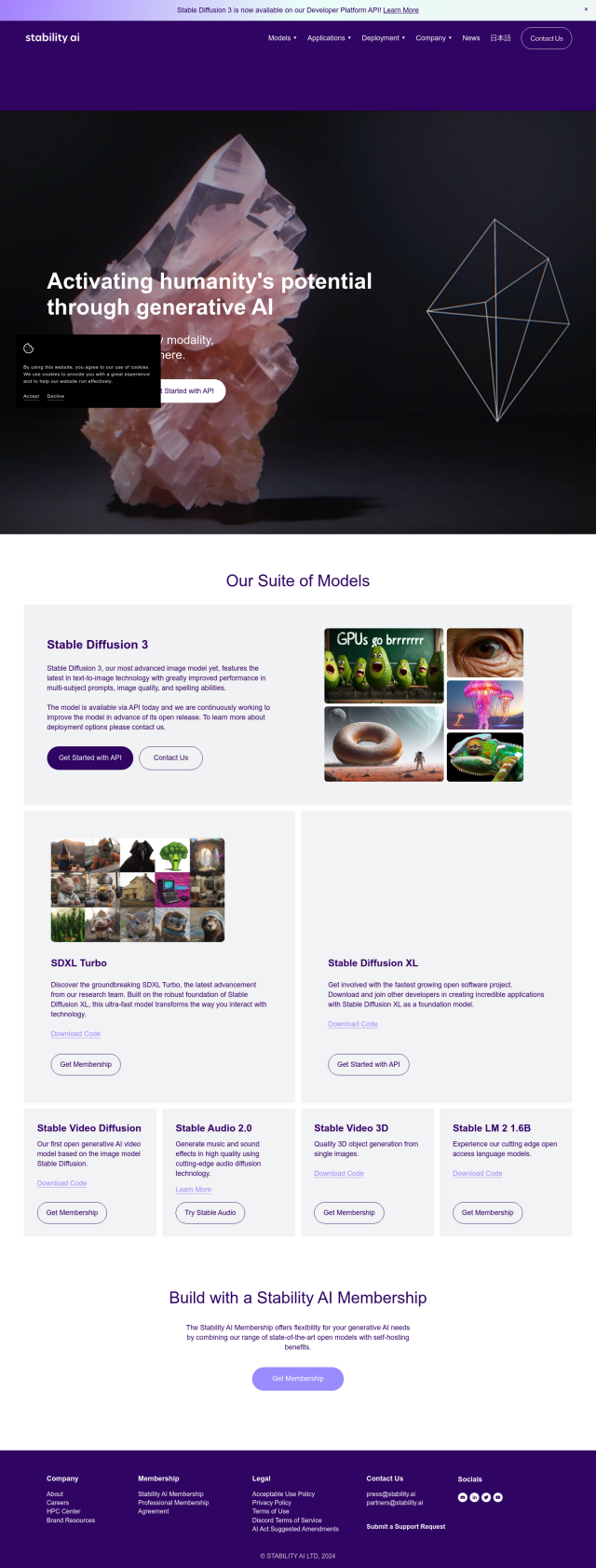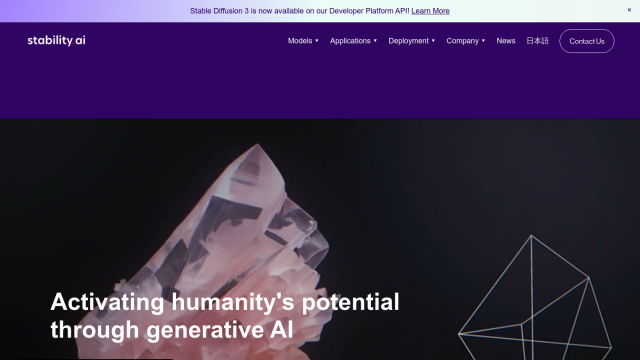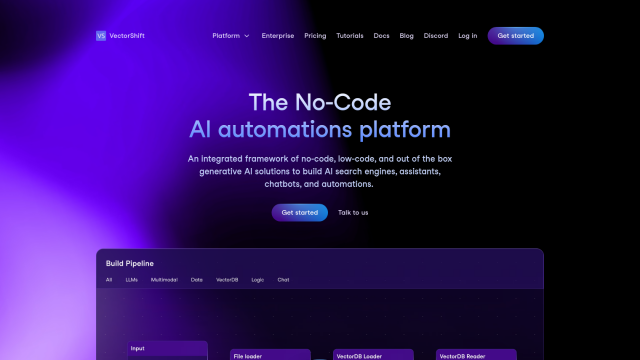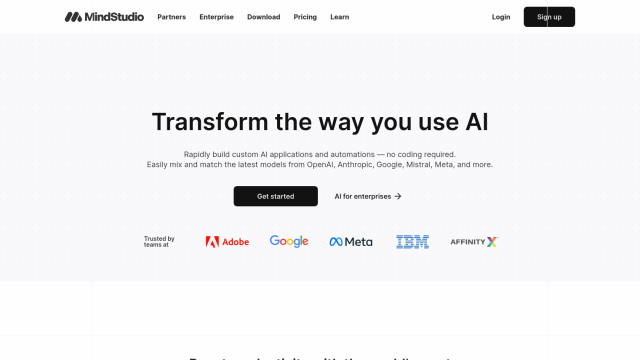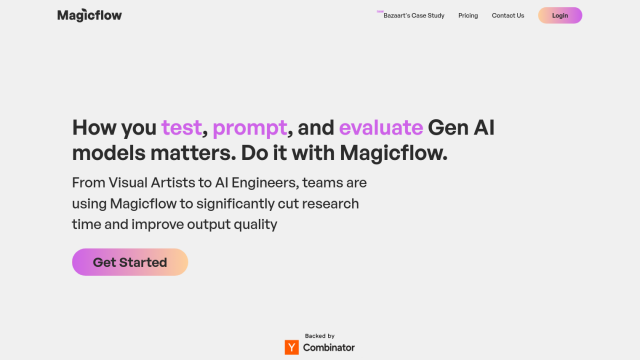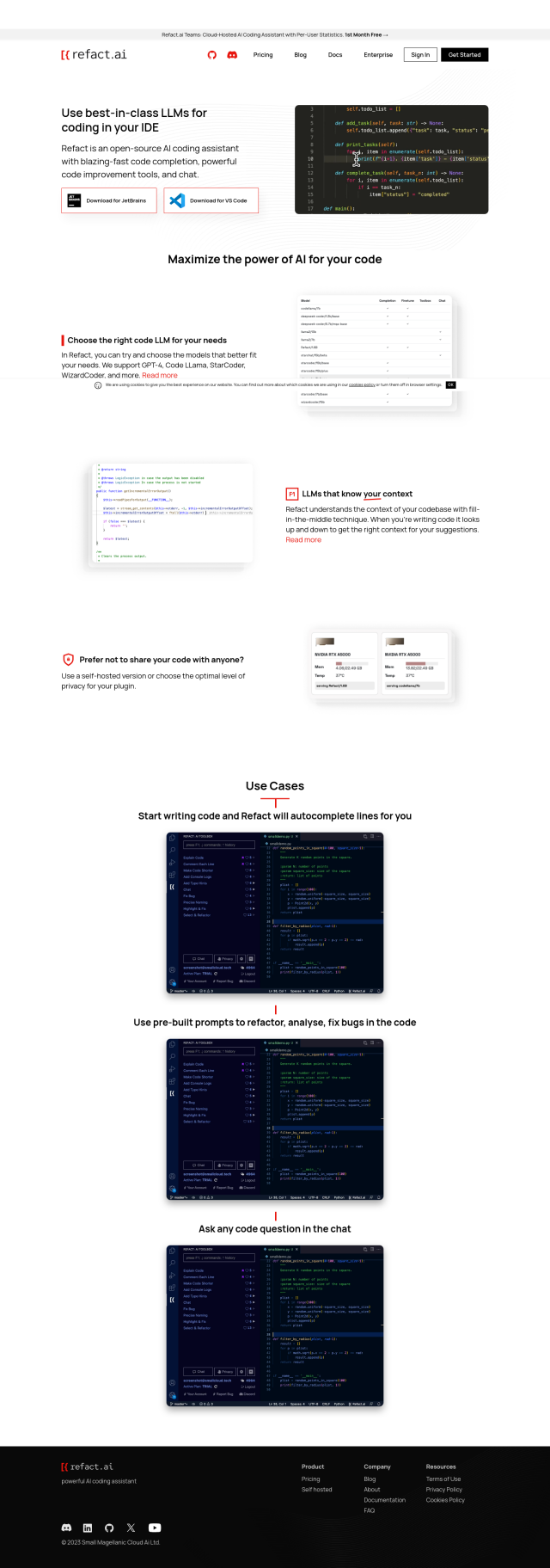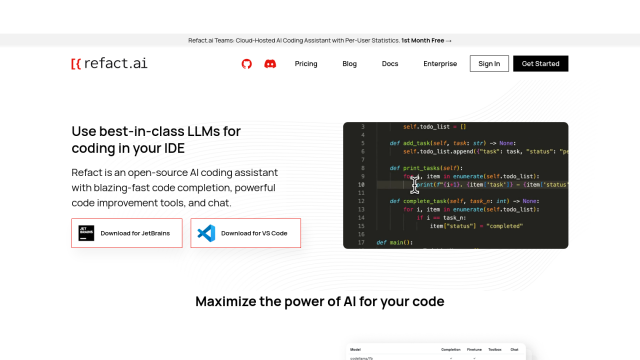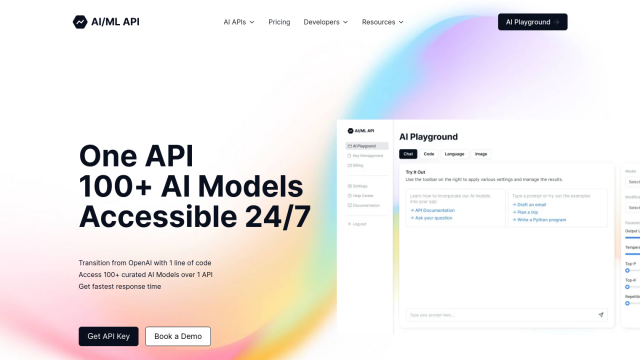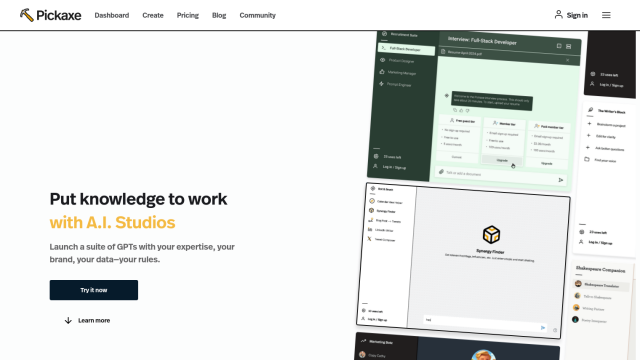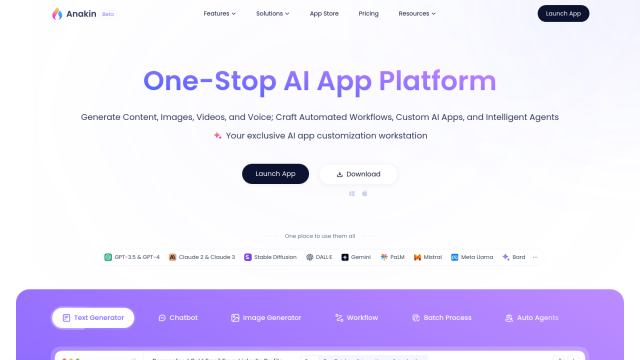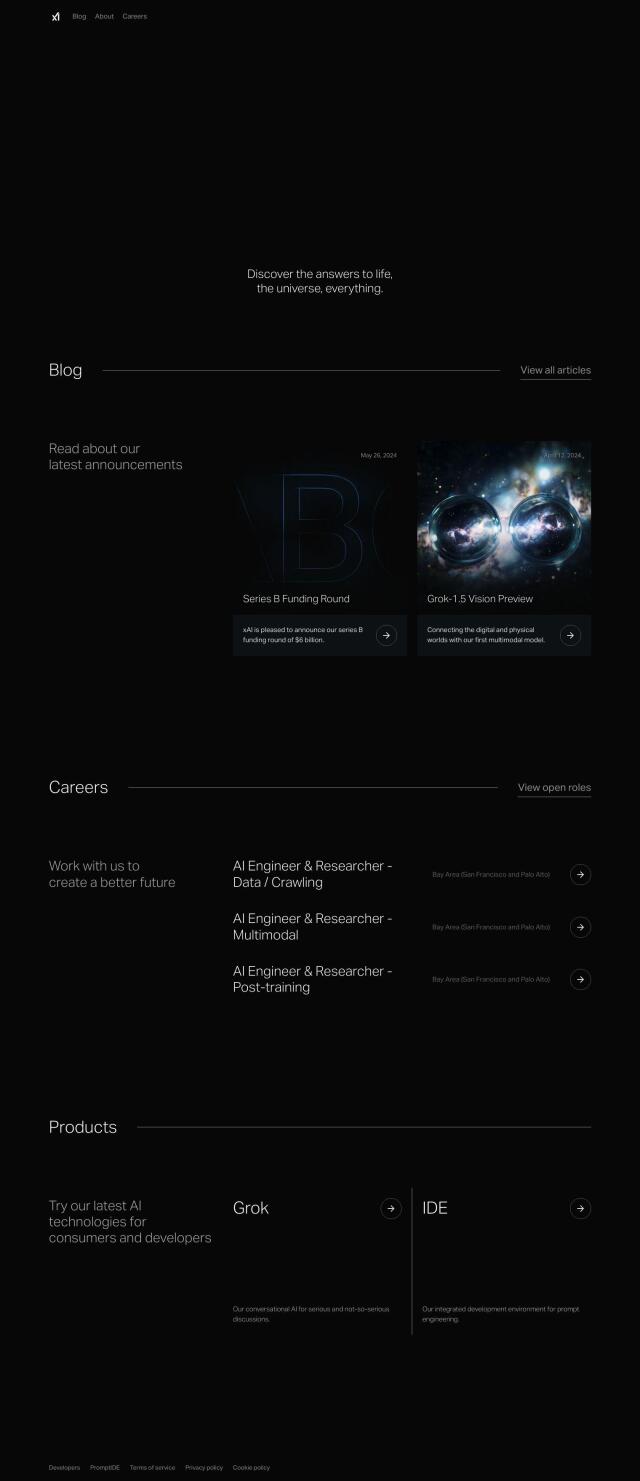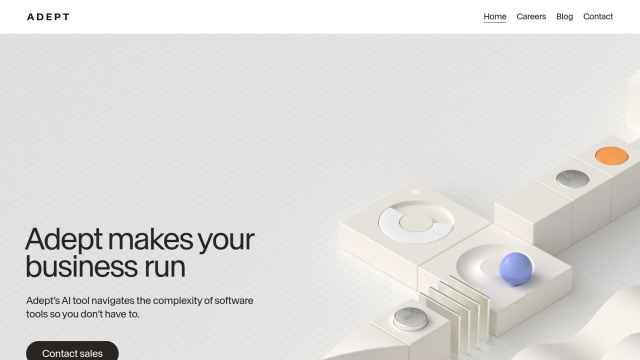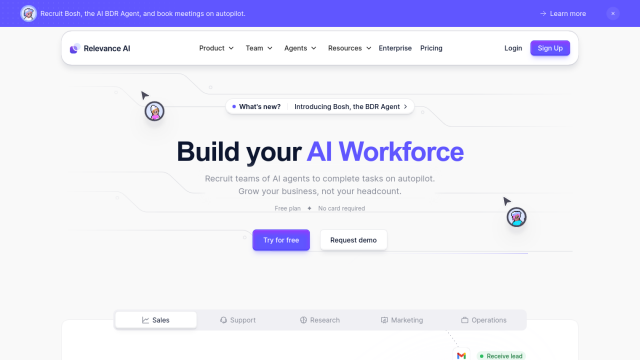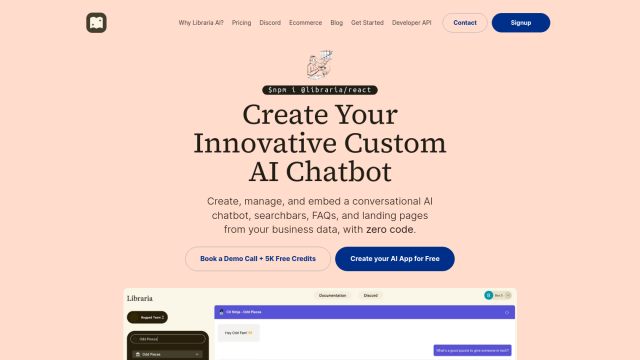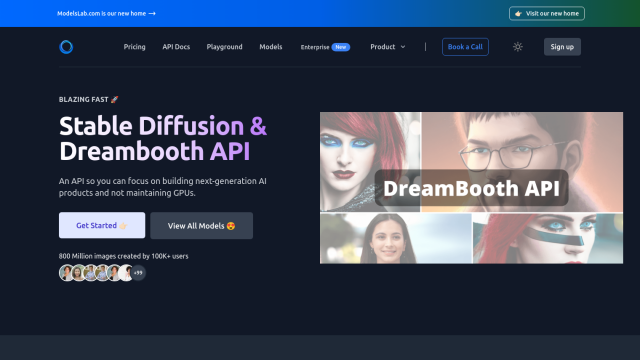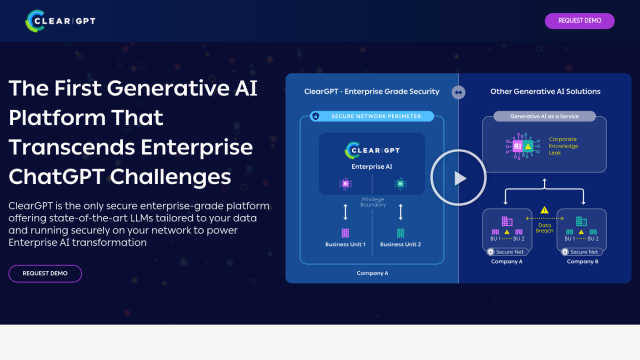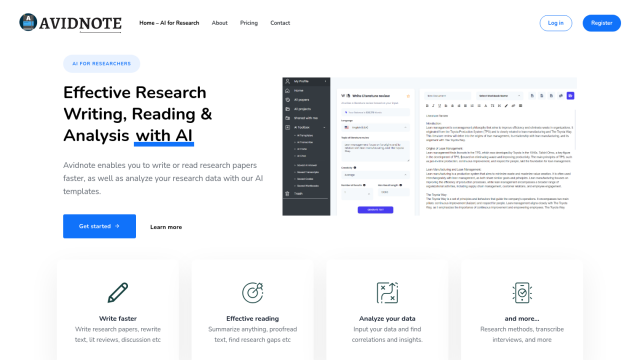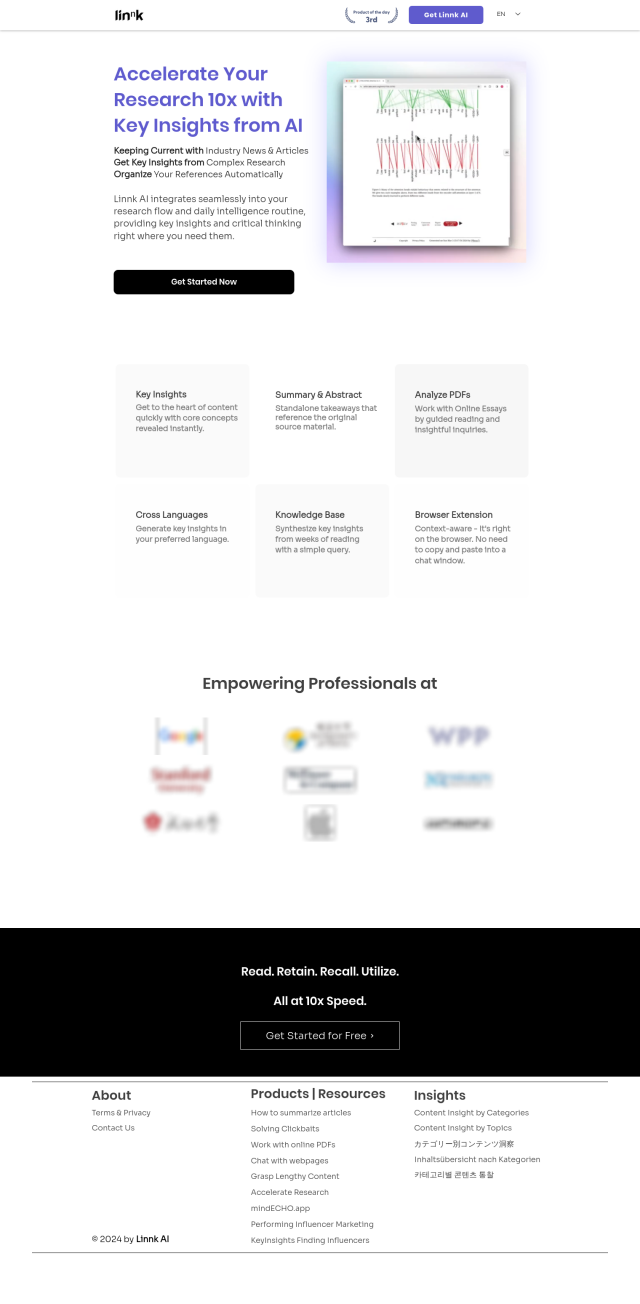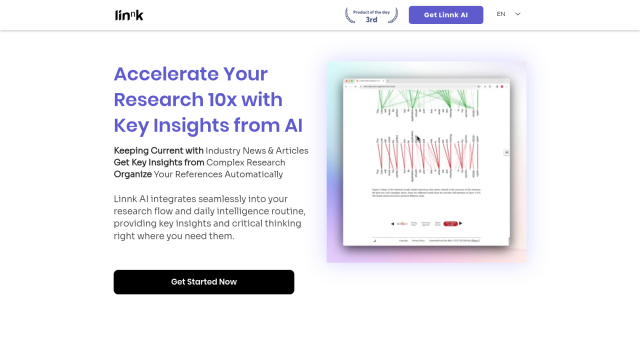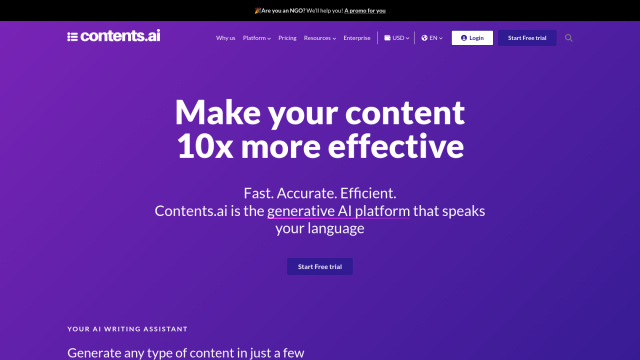Question: I'm looking for an open-source platform that allows me to learn about AI technology and contribute to its development.

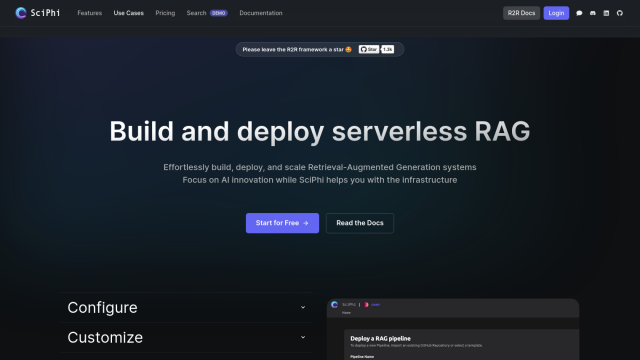
SciPhi
If you want to learn about AI technology and contribute to its development on an open-source platform, SciPhi is a great option. SciPhi is an information retrieval system that makes it easier to build, deploy, and scale Retrieval-Augmented Generation (RAG) systems. It offers flexible document ingestion, robust document management, and dynamic scaling, and can be deployed to cloud or on-prem infrastructure using Docker. The system is open-source with extensive documentation and a large community of LLM application developers.

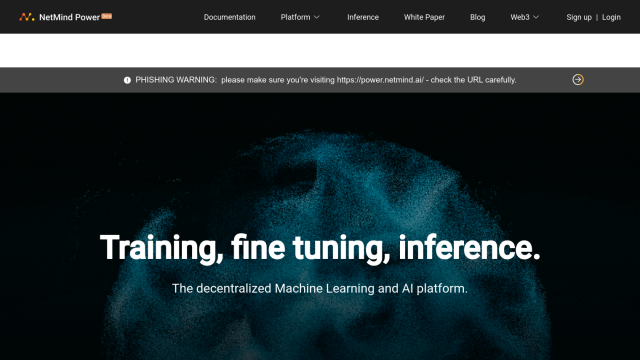
NetMind Power
Another interesting option is NetMind Power, a decentralized AI platform that lets you pool your GPUs and get rewarded with NMT crypto tokens. It offers shared computing and AI model development abilities, including distributed training, Google Colab integration, no-code fine-tuning, and deployment and inference. The platform is easy to use with free credits to get started and a community-centric approach with a dedicated forum for feedback and technical support.

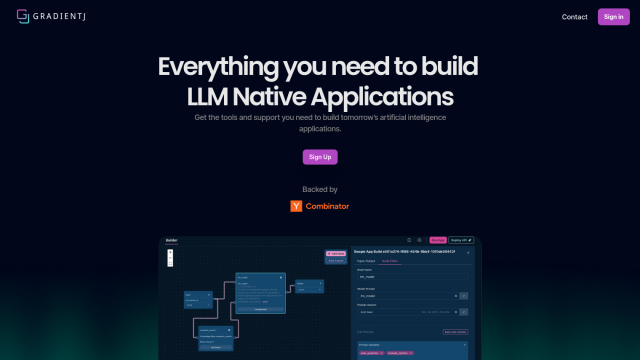
GradientJ
For a full-stack solution, GradientJ is a unified platform for developing next-generation artificial intelligence applications. It includes tools for ideation, development, and management of LLM-native applications, making it easier to create complex AI applications. GradientJ supports a variety of use cases like smart data extraction from unstructured text and safe chatbots, and is designed to encourage collaboration and make it easier to maintain AI applications.


Zerve
Last, Zerve is a platform to deploy and manage GenAI and Large Language Models (LLMs) in your own architecture, giving you more control and faster deployment. It combines open models with serverless GPUs and your own data, and comes with an integrated environment with notebook and IDE functionality, fine-grained GPU control, and collaboration tools. With the ability to self-host on AWS, Azure, or GCP, Zerve is designed to balance collaboration and stability for data science teams.






